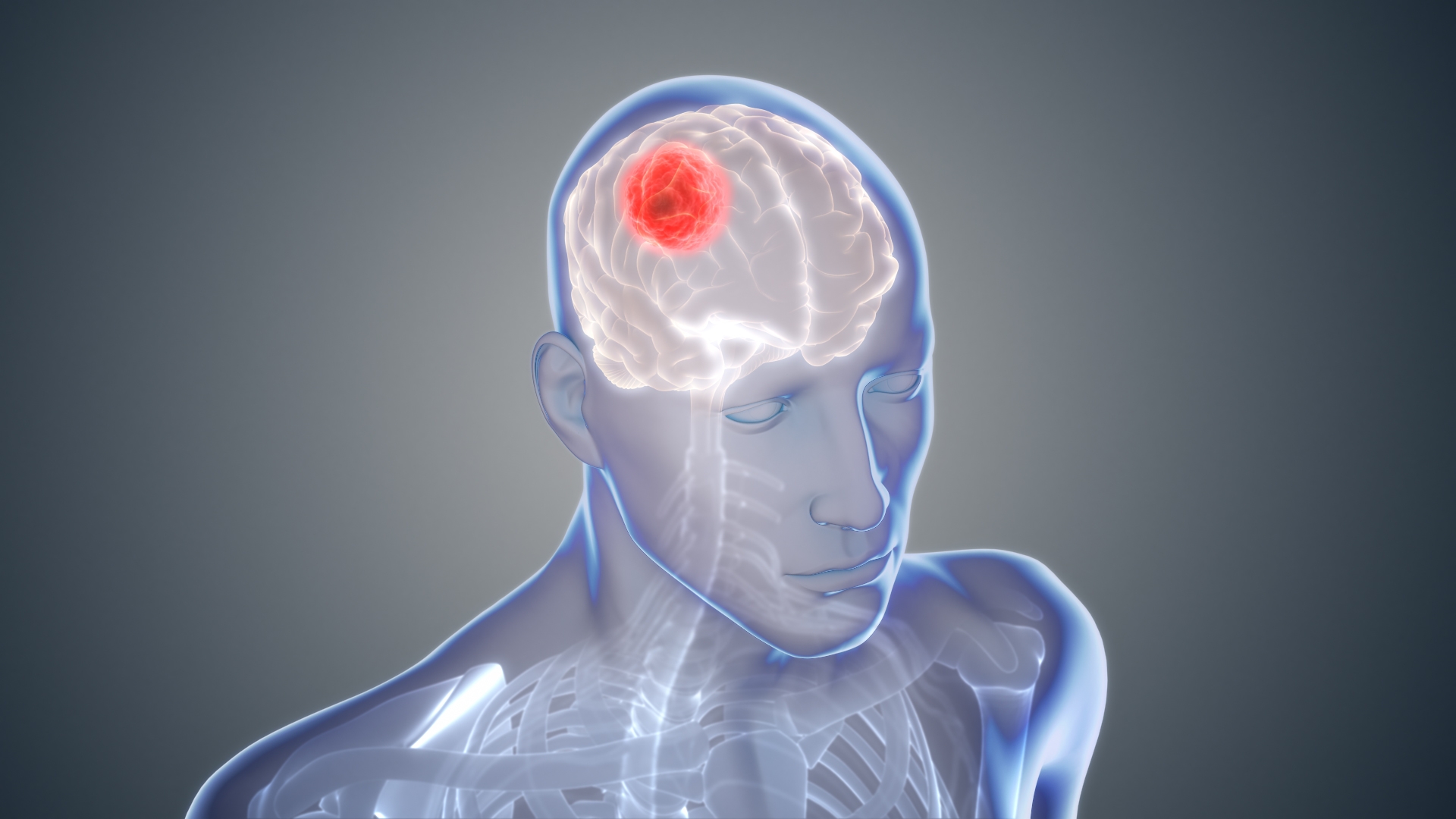Everyday, 27 Canadians are diagnosed with a brain tumour, according to the Brain Tumour Foundation of Canada. Treatments like radiation therapy, chemotherapy, surgeries and various medications have been the norm in aiding this form of illness for years. A recent study may be able to offer new hope in the field, as a potential brain cancer vaccine has yielded positive results in its initial human trial.
Brain tumours are defined as “a mass or growth of abnormal cells in the brain.” Tumours are classified into two groups: benign (noncancerous) and malignant (cancerous).
Brain tumours can either be primary, meaning they originate in the brain, or they can be secondary (also called metastatic), meaning the cancer began elsewhere in the body and then spread to the brain via bloodstream. The speed at which tumours grow varies based on the individual. To date, more than 150 different types of brain tumours have been identified.
Primary brain tumours begin when healthy cells gather mutations in their DNA, leaving them with errors. Due to the mutations, cells then grow and divide at a rate that is far quicker than the norm, and continue living when a usual cell would have already died off. This results in a mass of mutated cells, forming a tumour. About one-third of brain tumours are cancerous.
The study in question deals with a specific type of primary brain tumour known as gliomas.
Gliomas are tumours that begin in the brain or spinal cord, and have subtypes known as astrocytomas, ependymomas, glioblastomas, oligoastrocytomas, and oligodendrogliomas.
The recent vaccine study was carried out from May 2015 to November 2018.
The vaccine targets diffuse gliomas, which can be seen throughout the brain and often can not be addressed through conventional cancer treatments like the aforementioned chemotherapy, surgery or even radiotherapy.
Seventy percent of patients with diffuse gliomas develop a specific change in the isocitrate dehydrogenase 1 (IDH1) enzyme that develops, through mutation, into a protein known as neo-epitope — something the immune system recognizes as foreign to the body.
By isolating this vulnerability in diffuse gliomas, researchers were able to narrow down the fact that their vaccine should ideally prompt an antibody response and consequentially eliminate the mutated protein.
Researchers already had some context when it came to their plan, as prior to the trial, they had synthesized IDH1 and used it to stop the progression of protein-mutated tumours via inoculation in mice.
Fourth-year health studies student Jordan Cooke was able to shed some light on the reasons behind why mice and rats are so commonly used in scientific trial studies.
“Mice are small, they reproduce quickly, and more importantly, they share over 30,000 of the same genes as humans. This allows for more predictability when you move to humans in the next trial phase of a study,” says Cooke.
Forty-four patients were screened in the study, while 33 were chosen to participate in the trial.
Just over 93 per cent of patients who were vaccinated saw an immune response that encompassed a large number of T cells being developed. Swelling of the tumour was observed, which is indicative of the fact that immune cells are indeed targeting the mutated IDH1. No side effects were reported at the conclusion of the Phase I trial.
Of the 93 per cent who saw an immune response, 82 per cent had no tumor growth whatsoever for two years after the treatment. The study also reported that 84 per cent of patients survived for three years post-treatment with 64 per cent seeing a cessation of growth in their tumours in this time.
“The safety and immunogenicity of the vaccine were so convincing that we continued to pursue the vaccine concept in a further phase I study,” stated Michael Platten, medical director of the Department of Neurology of University Medicine Mannheim and Head of Division at the German Cancer Research Center (DKFZ). Platten led the study with his colleagues.
Though optimistic about the results, Platten affirmed that more placebo-controlled trials of this nature will need to be conducted before conclusions can be drawn with certainty.
Third-year health sciences student Jasmine Sidhu is eager to see how the study will continue.
“I am glad to see some progress being made in this field. Having your family directly affected by brain cancer is devastating, and it’s also worrying knowing it is in your family history because it can be hereditary. I would love to follow this study along and see how the next trial phase goes,” says Sidhu.
As for phase II of the study, Platten stated that it will see the vaccine combined with checkpoint inhibitor immunotherapy. This could allow for white blood cells to destroy gliomas found in the brain through an even more active immune system.




